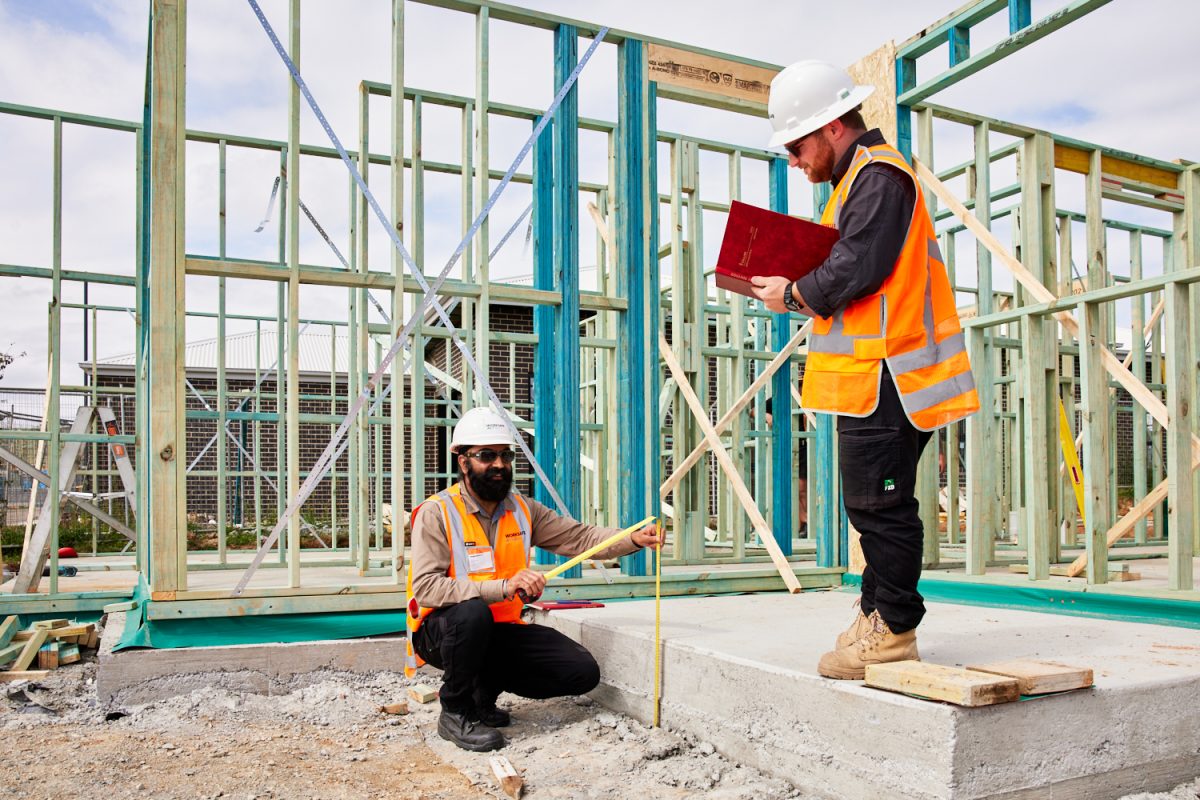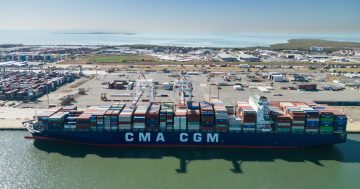
Unions have a role to play on building sites and other workplaces, ensuring safety standards are met. Photo: WorkSafe ACT.
Every democracy has unions. If they didn’t, they wouldn’t be a democracy.
Australian unions have been part of our social landscape for well over a century. They have achieved a lot for workers and society in general. Australia has a high average wage globally, the highest minimum wage, our safety record is world-class and we have a mainly happy population.
We’ll always have real challenges and unacceptable disparities to confront, but we’re in a good place to do so.
Yet, unions now have the lowest membership in their histories. Just 8 per cent of the private sector workforce are union members. Why is that?
The unions aren’t happy. They want to force workers to either join a union or pay a levy of some type for real or perceived benefits created by unions.
The unions have had enough of this lack of respect and will force workers to do as they are told. These unions are organisations that between them have assets worth over a billion dollars and collect over one hundred million dollars each year from various sources such as superannuation funds.
So, do unions exist for the workers, or do workers exist for the unions?
In business, we know blaming the customer doesn’t end well because they make the decisions and have the money. Competition laws and a regulator (the ACCC) ensure people have a choice. An important part of competition policy identifies monopolies and cartels as impediments to competition, choice and transparency.
The unions have decided that none of this applies to them – an admission of failure. Failure to have a proposition, a product, a rationale that will attract members.
Instead, they’ve decided it’s easier to pressure the government to force people to be members or pay a levy.
Let’s also consider the other side of the argument – if a union forces strike action that results in a loss of jobs and/or income for workers, will non-union members be able to claim compensation from the union?
We also know that the retail union, the SDA, negotiated lower-than-award rates for vulnerable Sunday workers and others for over a decade. Would those workers be able to claim compensation from the union for that loss of income?
But, of course, any worker can just join a union. What is stopping them?
A report showed Australia was fourth lowest in the OECD when it came to trust in unions. That’s not surprising when we see major union’s ex-leaders guilty of embezzlement or who organised lower-than-award pay for many workers. People notice these things.
If a union leader is guilty of domestic violence, they don’t have to resign their jobs. A few years ago, an ACTU president refused to condemn physical intimidation and verbal abuse of women by union members at a press club address.
Demands for compensation from workers by unions could also create a precedent benefitting all members of the ruling classes in Australia. Unions are, of course, important members of that ruling class along with the main political parties.
People (often) benefit from the actions of a government even though they did not vote for that government. So, why should a farmer who is not a member of, say, the Nationals, benefit from them negotiating good tax rates for farmers?
Why should a business person and the workers get a benefit from the Liberals enacting legislation that provides subsidies for exporters if that small business exporter and associated workers are not members of the Liberal Party?
These are inane arguments, but what’s the difference from those presented by unions?
If, for example, an association negotiates better, more cost-effective processes for training apprentices, why should businesses that aren’t members of that association benefit from that? Why should the workers of that business benefit?
Maybe all business people should be forced to join a related industry association or pay a levy.
People would join if joining a union was an attractive, worthwhile outcome. They don’t – so unions need to reinvent themselves.
When I was young, my Dad and Mum were active members of the AWU and I recall union Christmas parties with heaps of presents, a big burly organiser dressed as Santa, train rides and great food. I recall holidays on the north coast in cabins subsidised by the union. There must have been other benefits.
Come on, unions! You have money sitting idle or being donated to the ALP. Use it to do better. Forcing others to pay for your lack of imagination is un-Australian.





















